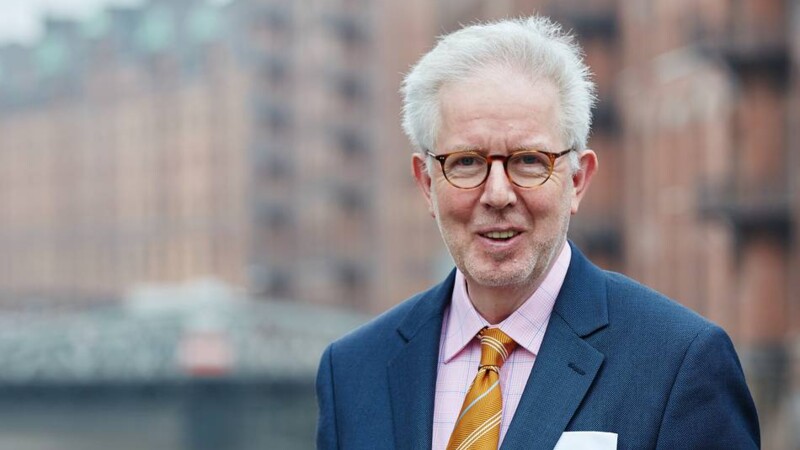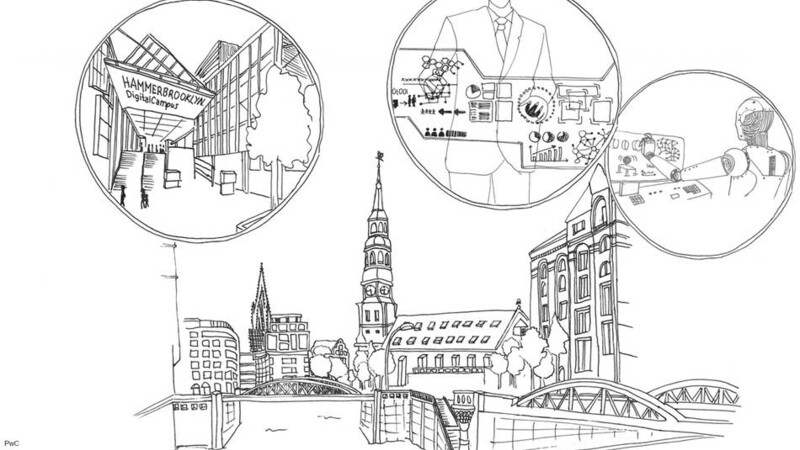Plenty is happening at NXP’s Germany headquarters in Hamburg. In 2015, the Dutch firm’s merger with the U.S. Freescale company saw the former become Europe’s leading producer of semiconductors. In late October 2016, the U.S. chip provider Qualcomm announced a USD 47 billion takeover of NXPpending approval. The transaction would solidify both firms leading roles in strategically important sectors such as mobile chip solutions, safe connectivity for the Internet of Things and in the fields of automotives and semiconductors. Hamburg is likely to play a key role as the headquarters of both the Internet of Things as well as the security and automotive divisions.
Last year, NXP also sold its standard semiconductor sector to a consortium of Chinese investors for an estimated USD 2.7 billion. The sale is due to conclude in the first quarter of 2017 and will see the emergence of an independent company called Nexperia. This will not effect operations in Hamburg, said Stroh, adding: “Everything that has been done by NXP here so far will be done by Nexperia. The new firm will be responsible for standard semi-conductor production.” Hamburg will remain NXP’s research and development base for automotive as well as security and connectivity. “This transaction will allow us to concentrate our core secure connectivity expertise on important, digital, forward-looking sectors including self-driving cars, smart cities, mobile payment methods and Industry 4.0 – secure connection in the Internet of Things.“



